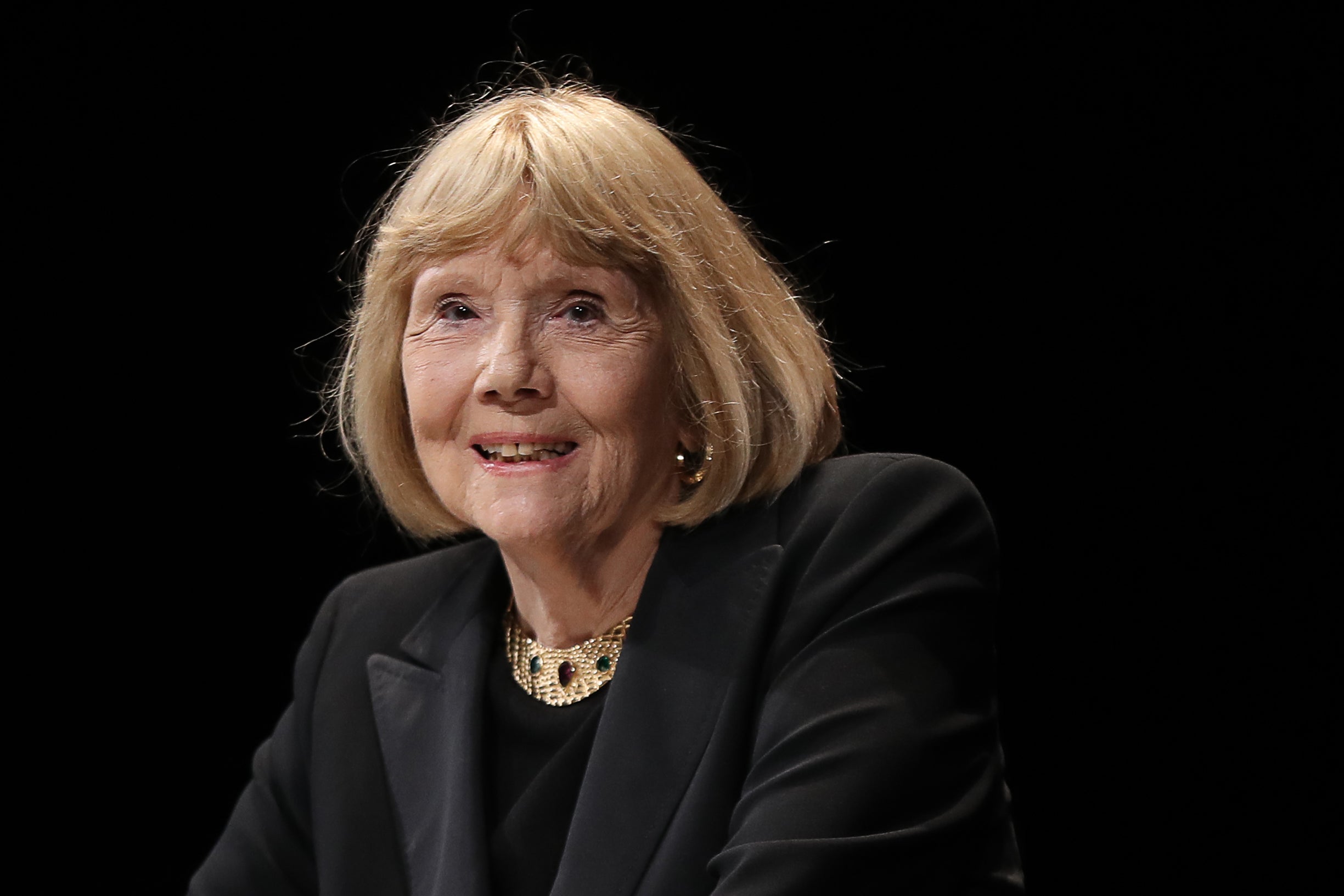Diana Rigg: An immensely powerful actor – and undoubtedly the best Bond girl
Whether in James Bond, The Avengers or Game of Thrones, the actor wielded an immense, innate power on screen. Clarisse Loughrey pays tribute to the late, great star


Your support helps us to tell the story
From reproductive rights to climate change to Big Tech, The Independent is on the ground when the story is developing. Whether it's investigating the financials of Elon Musk's pro-Trump PAC or producing our latest documentary, 'The A Word', which shines a light on the American women fighting for reproductive rights, we know how important it is to parse out the facts from the messaging.
At such a critical moment in US history, we need reporters on the ground. Your donation allows us to keep sending journalists to speak to both sides of the story.
The Independent is trusted by Americans across the entire political spectrum. And unlike many other quality news outlets, we choose not to lock Americans out of our reporting and analysis with paywalls. We believe quality journalism should be available to everyone, paid for by those who can afford it.
Your support makes all the difference.Diana Rigg wasn’t just the best Bond girl – she transcended that label entirely. As Contessa Teresa “Tracy” di Vicenzo, she became the only woman to officially call herself Mrs James Bond – his total equal in elegance, confidence, and daring. Perhaps that’s why things couldn’t last. She might have overtaken him.
Not long after Rigg’s Tracy marries George Lazenby’s Bond, in the closing scenes of On Her Majesty’s Secret Service (1969), she’s gunned down by Blofeld’s henchwoman. It’s one of the few moments of genuine sentiment in the series, as he cradles his lost love in his arms and whispers: “She’s having a rest. There’s no hurry, you see, we have all the time in the world.” On her death, at the age of 82, it’s a scene many of her fans might find themselves impulsively drawn back to.
Rigg wielded an immense, innate power on screen – she was never the one left lingering in the shadows. You can see it in the first moments she turned up as Emma Peel on TV’s The Avengers in 1965 – she was billed as a replacement for Honor Blackman, who’d left the show to play Pussy Galore in Goldfinger (1964). There she was, dressed in a leather catsuit and wielding a fencing sword. Her voice was raspy (thanks to a 20-a-day cigarette habit), but oh-so deliciously confident, like the cat who got the cream.
All the show’s flirtations, sexual innuendos, and outright objectification made Rigg an instant sex symbol. She had no idea how to respond to all the fan mail suddenly piling up. Eventually, she got her mother to reply to the more lascivious ones with: “My daughter’s far too old for you. Go take a cold shower!” But Rigg, as she karate-chopped her way through 51 episodes, always came off as coolly controlled and in charge – it helped make Emma Peel one of the great feminist icons of the Sixties.
Offscreen, she found herself at the centre of the burgeoning pay equality movement after she demanded a pay rise, having discovered that a cameraman on the show earned significantly more than her. She found few allies in the industry. The press tore her to shreds. But she still managed to nearly triple her pay. Although it’s a story often recounted, it’s strangely at odds with how Rigg talked about herself. “I’m portrayed as this tough broad, but I’m not,” she told The Guardian in 2014. Her relationship with feminism was complicated – in 1969, she famously declared that “women are in a much stronger position than men”.
But Rigg, in truth, never thought she’d become any kind of pop culture icon. She struggled with post-Avengers fame and would hide in the bathroom to avoid the attention of crowds. She left the show after two years.
Born in Doncaster, Rigg was the daughter of an engineer. When she was two months old, her father moved the family to Bikaner, India, after he was hired as a railway executive. She spoke Hindi as her second language during that time. Eight years later, Rigg and her family returned to England, where she attended boarding school and later trained as an actor at the Royal Academy of Dramatic Art.
Though she made her professional debut in a Rada production of The Caucasian Chalk Circle in 1957, the greatest of Rigg’s stage successes came in the Nineties, when she won her third Tony for playing Medea in a 1994 Broadway production, alongside roles in Mother Courage, Who’s Afraid of Virginia Woolf? and Phèdre. Beyond Bond, her film roles included A Midsummer Night’s Dream (1968), Theatre of Blood (1973), The Great Muppet Caper (1981), and Evil Under the Sun (1982).
Many, of course, will know her from the great role of her later years: the sly, peevish Lady Olenna Tyrell on Game of Thrones. It earnt her four Emmy nominations. In a world of swords and dragons, Rigg was a memorable presence because of how much fun she seemed to be having. As she said at the time: “The older you get, I have to say, the funnier you find life. That's the only way to go.”

Join our commenting forum
Join thought-provoking conversations, follow other Independent readers and see their replies
Comments